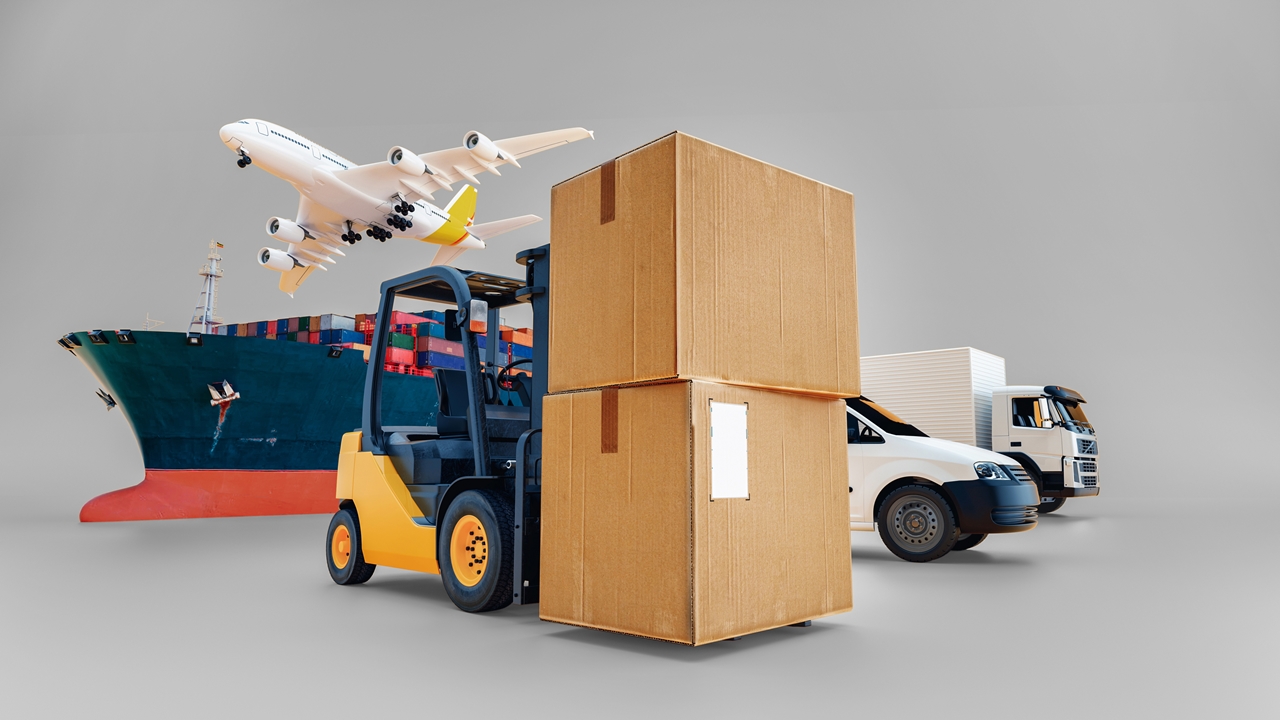Cargo Expedition: The Backbone of International Trade
Cargo Expedition: The Backbone of International Trade
Blog Article
Cargo transportation plays a vital role in facilitating global trade through ensuring that commodities and supplies are swiftly transported between countries and regions. As the world's economies grow more interconnected, the need for the ability to transport cargo efficiently and effectively has increased significantly. From raw materials to finished products, businesses depend on cargo trips to ensure that goods arrive on time and in good order. Be it by air, sea, or land, cargo voyages connect suppliers, producers and customers around the globe. This interconnected web of logistics is at the heart of international trade, generating industries and stimulating economic growth through allowing products to be moved seamlessly from one place to the next.
The most crucial element for a successful cargo trip is the variety of shipping options that can accommodate specific shipping demands. Air freight is a well-known mode of transport due to its rapidity and security, is often used for products with high value or that require time, like pharmaceuticals, electronics and clothing items. Ocean shipping, on the other hand, dominates the shipping of bulk goods and offers cost-effective solutions for things such as grain, oil and machines. Land transport, encompassing trucks and railways, is essential for last mile delivery and inter-regional connectivity. In integrating these modes into multimodal transportation cargo operations, they maximize efficiency and decrease transit times ensuring goods reach their destinations on schedule.
Technology has changed the way cargo exploration industry, which has led to greater efficiency, transparency, as well as reliability. The real-time tracking system provides businesses with the most current information on their shipments, improving efficiency and providing better planning. Blockchain technology can improve the transparency of supply chains by providing secure and immutable data of all transactions and transport. Artificial Intelligence is used to optimize routes, predict the likelihood of delays, and decrease expenses, and automation in warehouses facilitates the process of sorting and handling goods. Technology advancements do not only enhance efficiency in operations but establish trust among the parties involved, which ensures the seamless flow of goods in the ever-connected world.
The global logistics sector expands tech has played a greater role making cargo journeys more efficient. The latest developments in tracking systems as well as digital documenting and automatic Cargo Expedition handling are changing the way goods are handled throughout the process of expedition. Technology like RFID and GPS allow real-time tracking of shipments that provide the shipping company and the buyer with current information on the cargo's location. These technological advancements have made it easier to monitor the status of cargo, ensuring that any delays or issues are promptly dealt with. Additionally, digitization has simplified procedures for documentation, decreasing the need for paper-based paperwork and making customs clearance faster and more effective. To gather new information please go to https://muat.com/
The success of cargo expeditions is heavily dependent on the knowledge and coordination of logistics experts. These professionals manage intricate supply chains, and are responsible for ensuring conformity with international trade regulations and requirements for customs. They constantly try in order to predict and solve problems that could arise, including the occurrence of delays, geopolitical tensions or even weather-related disruptions. Their ability to collaborate between diverse modes of transport or time zones as well as different languages is vital to ensuring the effectiveness of trade across borders. Training and development for skills are essential in this field that allows workers to be able to respond to technological advancements and the ever-changing needs of the global market.
As the world becomes more connected, the need for efficient and reliable shipping services for cargo continues to increase. eCommerce has changed the logistics sector, resulting in the need for speedier, better-organized delivery solutions that can meet the needs of customers who want faster processing times for their orders. The global e-commerce boom has driven shipping firms to come up with systems that can provide greater flexibility in delivery, including same-day or next-day deliveries. These days, companies utilize advanced technologies, like drones or autonomous vehicles, to further increase the speed and efficiency of deliveries. Innovations like these are changing the way the way cargo is delivered, making them more efficient as well as able to satisfy the evolving demands that modern consumers have.